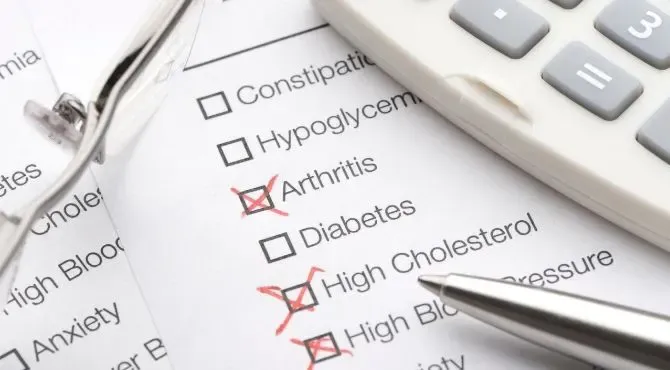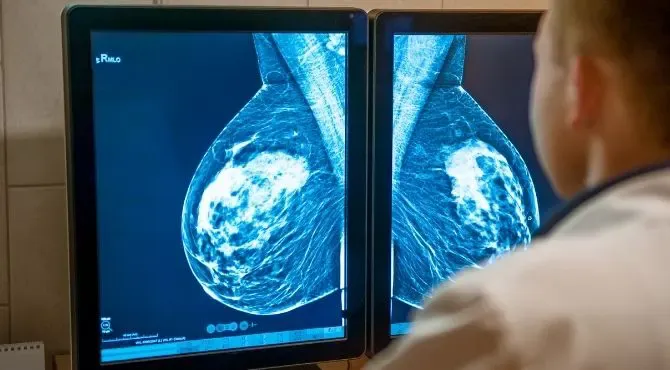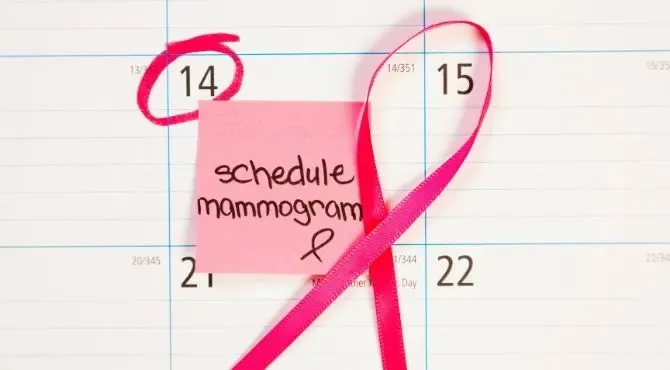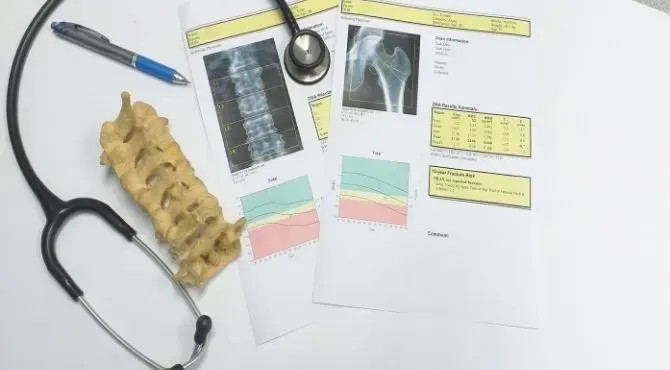7 Medical tests that all women should have

Why is it important for females to get regular medical check ups? Good
habits — like not smoking, not drinking excessively, eating healthy, and
exercising — are key to a healthy lifestyle, and these help us as a method of
disease prevention. However, in addition to these healthy habits, there are
different medical tests that all women must do to verify that
everything is well in their bodies in a preventive way.
7 Health Screenings and Tests Every Woman Should Get
Today we talk about seven medical tests that all women should have. It
should be noted that these tests are additional to those indicated by your GP
in your routine annual checkup, in which blood pressure, cholesterol, blood
sugar, and urine, among others, are checked. This list of
tests we recommend has been developed , based on analysis of the
recommendations of different American medical organizations.
1. A clinical exam or self-examination of the breasts

These are done to detect any abnormalities in a woman's breasts. The doctor
carries out the clinical examination, while the self-examination can be done
by yourself at home. Ideally, the doctor performs that first examination so
that he can explain to you how you should do the self-examination at home,
touching not only the breasts but also the armpits. Although breast cancer may
be rare in women under the age of 30 or 35, gynaecologists recommend that all
women have their breasts checked annually for prevention, especially in women
with menopause.
2. A mammogram

This is an x-ray of the breasts with an x-ray machine. This test is the most
effective way to diagnose breast cancer early. Those who have already had it
done know that it can be a bit uncomfortable since they put your breast
between two plates and crush it strongly to get a good X-ray and detect if
there is a tumour. The American Cancer Society recommends that women age 45
and older get an annual mammogram. And that, from the age of 54, this study be
carried out every two years. Consult your gynaecologist if you feel something
strange in your chest and want to have this study done before reaching that
age.
3. A genetic test for breast cancer
This test should be done for women who have a breast, ovarian, tubal, or
peritoneal cancer history. The test is similar to a blood test, but it looks
for mutations in the BRCA gene, which stands for breast cancer, and indicates
a woman's chances of developing this type of cancer. Be careful. Health
organizations in the United States do not recommend home tests of this type,
only those carried out in health centres.
4. A pelvic exam
It is a routine test that seeks to analyze the female sexual organs to detect
cysts, fibroids and sexually transmitted diseases. The exam consists of three
parts: a physical evaluation of the vulva, an examination of the cervix with a
speculum (which is a device that allows the walls of the vagina to be opened),
and a manual examination to evaluate the internal organs. It is recommended
that, from the age of 21, you have a pelvic exam every year at your routine
visit to the gynaecologist.
5. A Pap smear or Pap smear
This test is the best way to detect cervical cancer and precancerous lesions.
It is done in a routine exam with your gynaecologist. It involves obtaining
cells from inside the cervix using a spatula, which can be a little
uncomfortable but is not painful. It is a test that should be done every three
years in women aged 21 to 29 and every 3 to 5 years in women over 30 years.
6. A colorectal cancer screening exam
It can be done through a colonoscopy or a sigmoidoscopy, which involves
inserting a camera through the rectum to evaluate the colon. However, other
less invasive tests, such as the faecal occult blood test. It is recommended
that women ages 50 to 69 have these tests every 5 to 10 years. If there is a
history of colorectal cancer in your family, you should have it done before
you are 50.
7. A bone densitometry

It is a test to determine the bone's mineral density or bone mass, which is
used to detect the risk of fractures or to suffer from osteoporosis. Bone
density is measured with an X-ray that looks at the level of calcium and other
minerals in the bones. It is recommended for women 65 years of age or older,
but if you have had these exams before that age, you should keep the checkups
every 15 years.
What tests should a woman have
We know that some of these tests can be tedious, but remember that your health
allows you to enjoy the life you lead. Listen to your body and get the
necessary medical tests to stay healthy for you and your family.
Read More:
Post a Comment